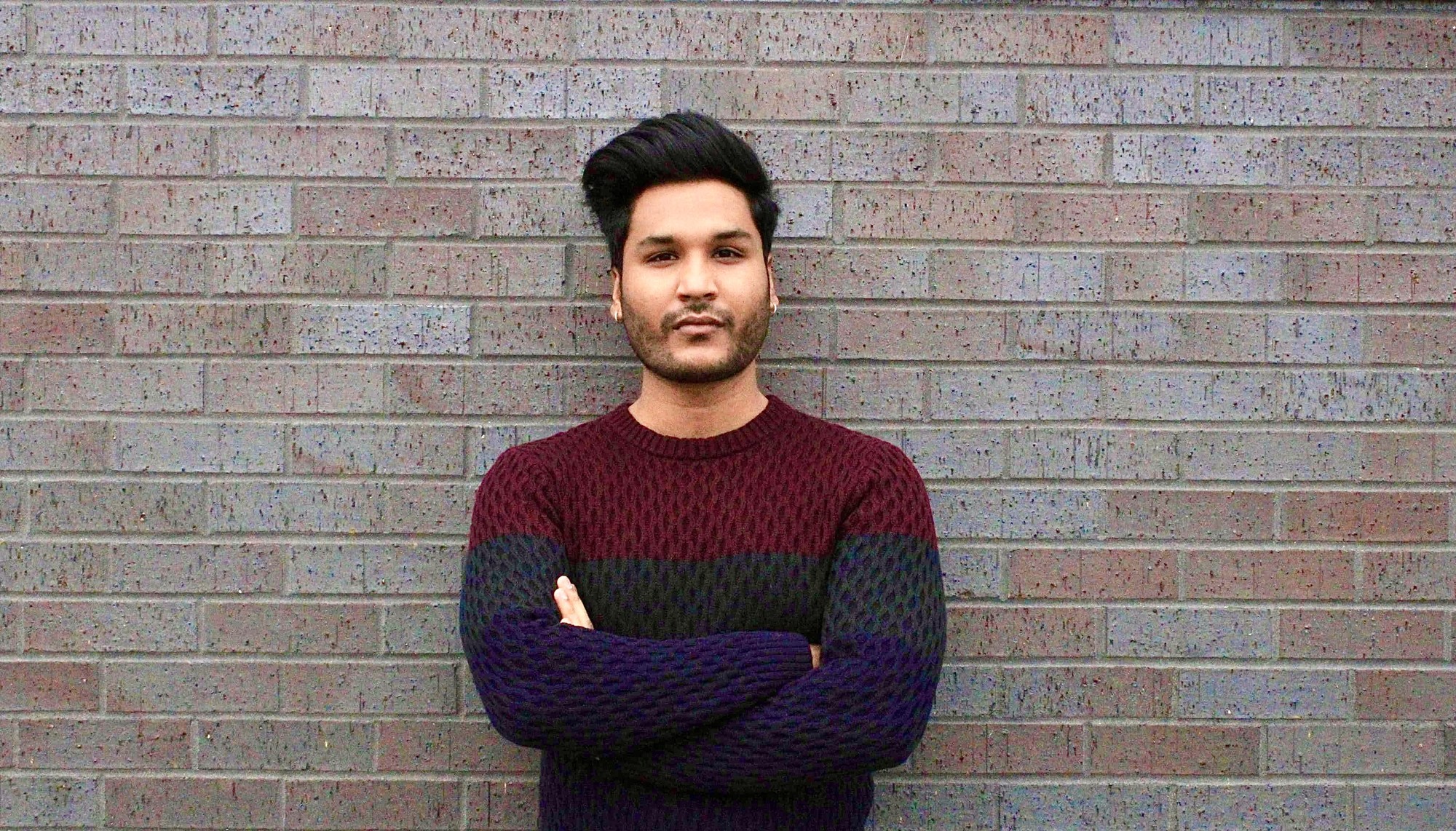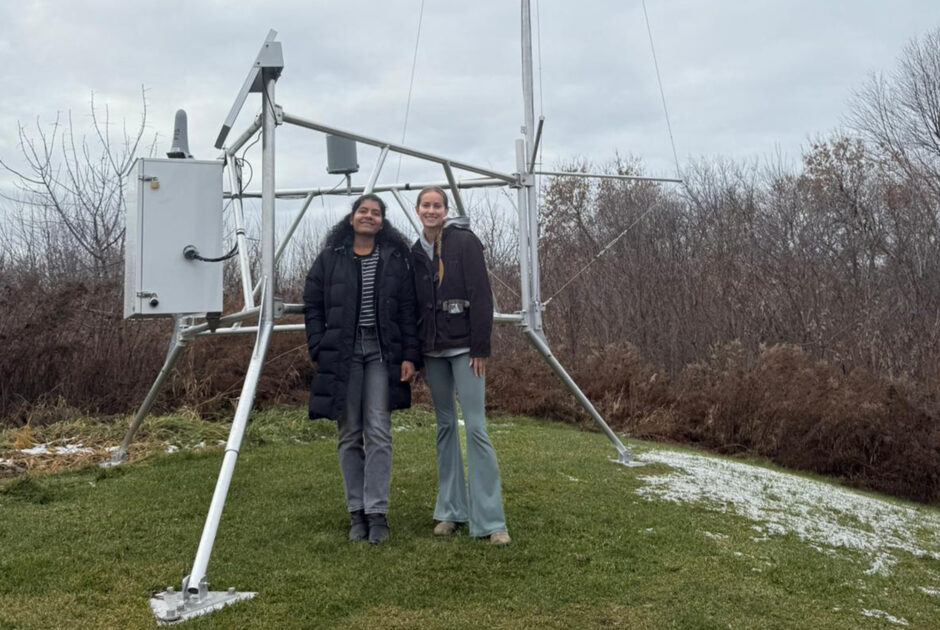The world’s largest democracy is currently not very democratic

In 2014, Manmohan Singh, an Indian economist, academic and politician was succeeded by a near illiterate tea-vendor. This successor, Narendra Modi, had been associating with a right-wing Hindu nationalist group called Rashtriya Swayamsevak Sangh (RSS) since he was eight.
Modi, now the 14th Prime minister of India, is currently serving his second term after being re-elected in 2019.
As a 22-year-old, Indian-born journalism student at Algonquin College, I have seen Modi’s vague policies to “make India better” fail time and again.
The economy is going down, unemployment is at its peak and reports of sexual assaults are increasing like never before. After trying to disrupt the peace of mostly the “Muslim community” by introducing the citizenship amendment act in 2019, Modi and his party BJP, are trying to make the current farmer protest into a Hindu versus Sikh civil war.
This is a country that is supposed to be a secular nation.
While many news outlets and Influential celebrities in my home country have clearly sold out and talk nothing about the protest and police brutality towards the peaceful protesters, I’d like to shed some light on what’s going on in the world’s second most populated country.
Ever since Modi took charge of world’s largest democracy, he has tried to take some immensely bold steps by claiming them for amelioration of the country. Unfortunately, almost all of his plans flunked.
Whether it was the demonetization of high-denomination banknotes in 2016, the citizenship amendment Act in 2019 or the Indian agriculture acts of 2020 – AKA, the farm bill – all of them have had unfavourable outcomes.
In September 2020, the Parliament of India initiated three acts in the farm bill that will have grievous effect on the livelihood and well being of the farmers. The bill is said to be seizing some basic rights of farmers towards their own harvested crops.
The act faced denunciation from farmers across the nation, especially from farmers from Punjab and Haryana; states responsible for the Green Revolution in 1960s.
The Green Revolution within India commenced in 1966 and lead to an increase in food grain production, especially in Punjab, Haryana and Uttar Pradesh.
During this time agriculture was converted into an industrial system due to the adoption of modern methods and technology, such as the use of high-yielding variety (HYV) seeds, tractors, irrigation facilities, pesticides and fertilizers. Wheat was the crop of focus during the revolution.
More than 50 per cent of the population in India is engaged in farming, that’s about 450 million people. When the farm bills were introduced, almost every farmer in the country and various opposition parties alleged that they completely disregarded parliamentary norms and were anti-farmer, corporate-friendly and a step towards privatization of agricultural produce.
The farmers’ protest in New Delhi has been going on now for more than 100 days. Farmers across the nation have come together to express their sorrow and disapproval of the new farming bills.
The protest so far has resulted in loss of over 280 innocent lives, 122 illegal detentions by the police and around 150 missing from the protest and nowhere to be found.
The protest has somewhat affected the daily life of people in New Delhi, which includes some international students, who couldn’t fly to the countries where their colleges and universities are, due to the COVID-19 outbreak.
Another major problem was faced by the students was the internet shut down on Feb. 3, 2021, around New Delhi and other 14 districts, which made them miss their online classes. Some students in India are also experiencing some difficulty in boarding flights as the major international airport of North-India is in New Delhi and the protesters have blocked the major roads and highways that lead to New Delhi.
Peaceful protests took place in Ottawa, in which many Algonquin College students took an active part and expressed their support in favour of the farmers.

I’m still keeping myself updated with what’s going on at the ground level of this protest in New Delhi. It’s a shame, however, that I have to look upon Instagram pages and Twitter accounts to follow the news regarding the protest since the news platforms in India are not presenting any truth and updates on protest.
I hope that the farmers get what they deserve and its high time that the people of my country understand the real motive of the BJP government.








